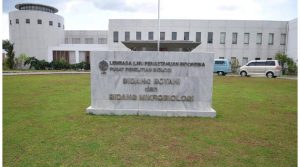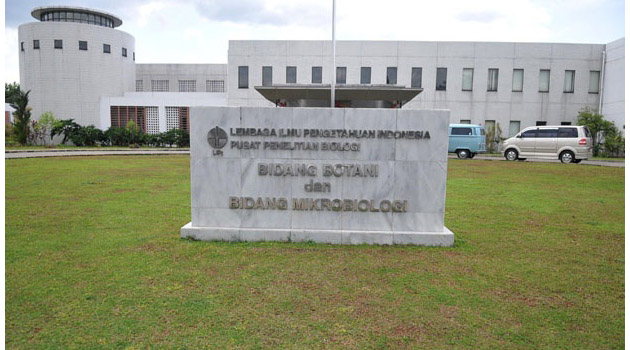LIPI Holds Wildlife, Wild Plants Survey Training

The Indonesian Institute of Sciences (LIPI) offered training on survey methods for wild plants and wildlife on May 7-11 in Cipanas, Cianjur District, West Java, to prevent the extinction of biodiversity traded as a commodity.
As one of the countries ratifying the Convention on International Trade in Endangered Species of Wild Fauna and Flora (CITES), the management of trade of wild plants and wildlife in Indonesia is conducted through the provisions of the conventions set forth in several laws and regulations.
“This method is designed to prevent the extinction of plant or animal species due to trade, especially international one. In addition, it is for maintaining a limit on the utilization of species,” Deputy of Life Sciences of LIPI Prof. Enny Sudarmonowati stated.
Sudarmonowati said LIPI has been trusted as a scientific authority that provides recommendations to management authorities for the implementation of CITES. The recommendations include establishing a list of types, limiting trade quotas, and licensing restrictions.
As necessitated in government regulations, these recommendations should be based on scientific data and information provided by various parties but obtained by methods recognized by scientific authorities, she explained.
Meanwhile, Head of the Biology Research Center of LIPI Witjaksono noted that LIPI is also responsible for delivering to stakeholders related methods that can be used in data collection for monitoring or surveying population of traded species in natural habitat or for evaluation of production at breeding and cultivation facilities.
“In addition to the method, it is important for parties to improve the identification capabilities of TSL products circulating at home and abroad. One of the most concerned parties to both of these is the officer on the field, the Forest Ecosystem Manager (PEH) involved in granting permits and supervising the distribution of TSL,” he stated.
LIPI as an institution that stores a collection of flora, fauna, and microbes of Indonesia and is a national reference for users along with playing a role in the collection and integration of data on natural resources.
Hence, the LIPI is tasked with providing a means to integrate national data and information from different sources of data providers through a portal that facilitates the interoperability of Indonesia`s databases known as the Indonesia Biodiversity Information Facility (InaBIF).
InaBIF is part of the international network of the Global Biodiversity Information Facility (GBIF) aimed at providing information on biodiversity to the audience. At the national level, InaBIF can facilitate the mapping of the rich biodiversity in the regions, providing an overview of the information gap, and assisting decision-making in terms of action priorities for biodiversity protection.
Courtesy : Antaranews.com
Photo : Tempo.co
[social_warfare buttons=”Facebook,Pinterest,LinkedIn,Twitter,Total”]



